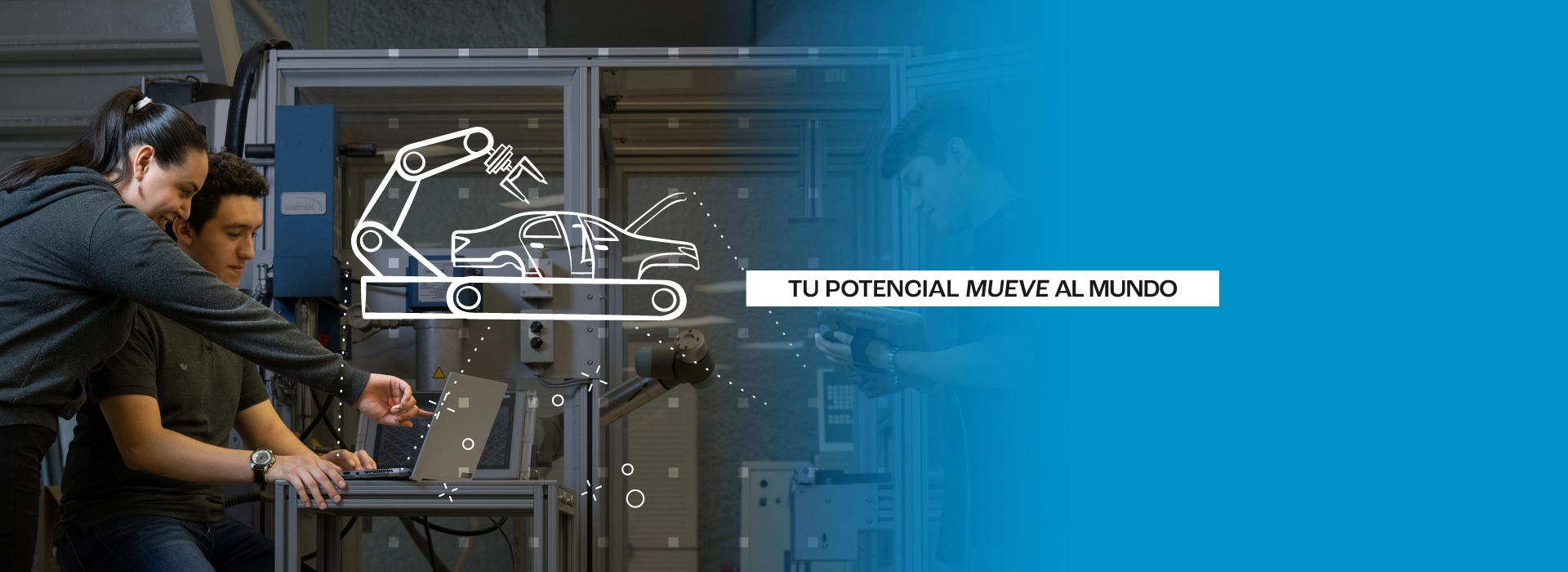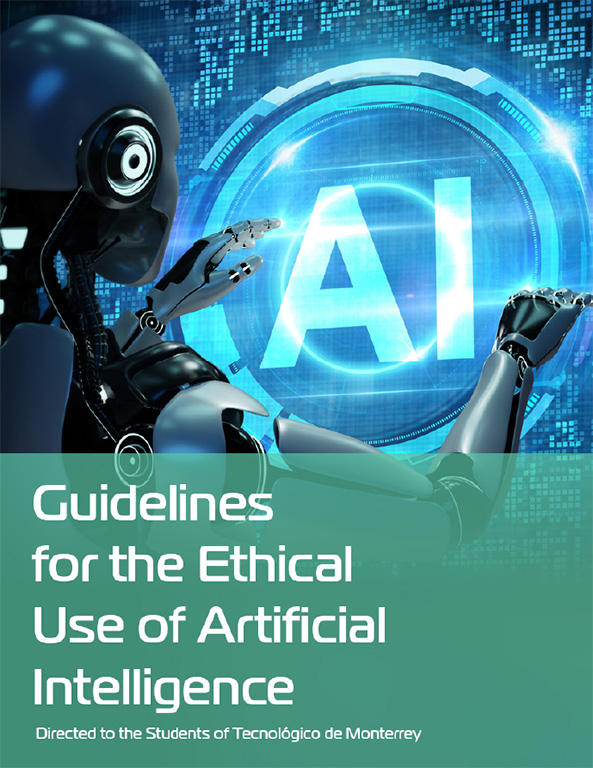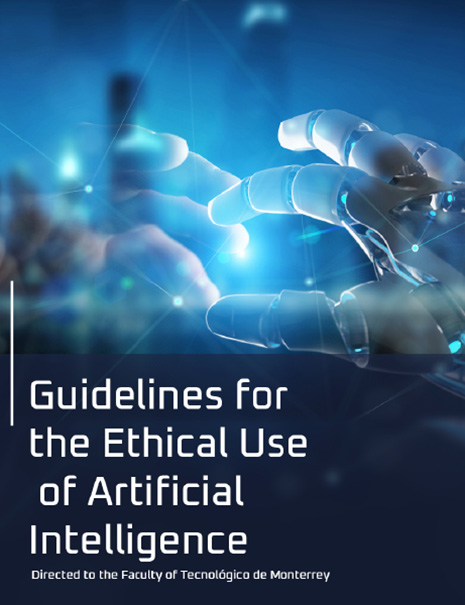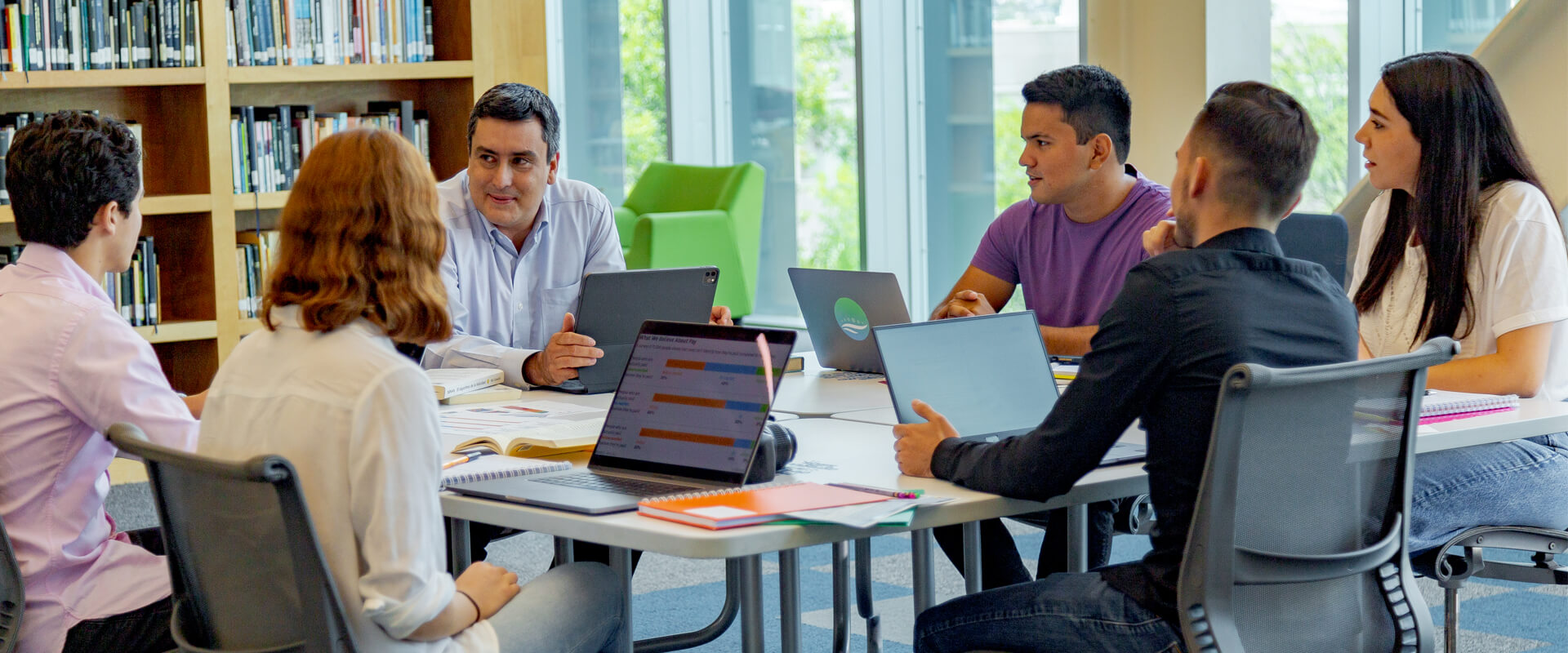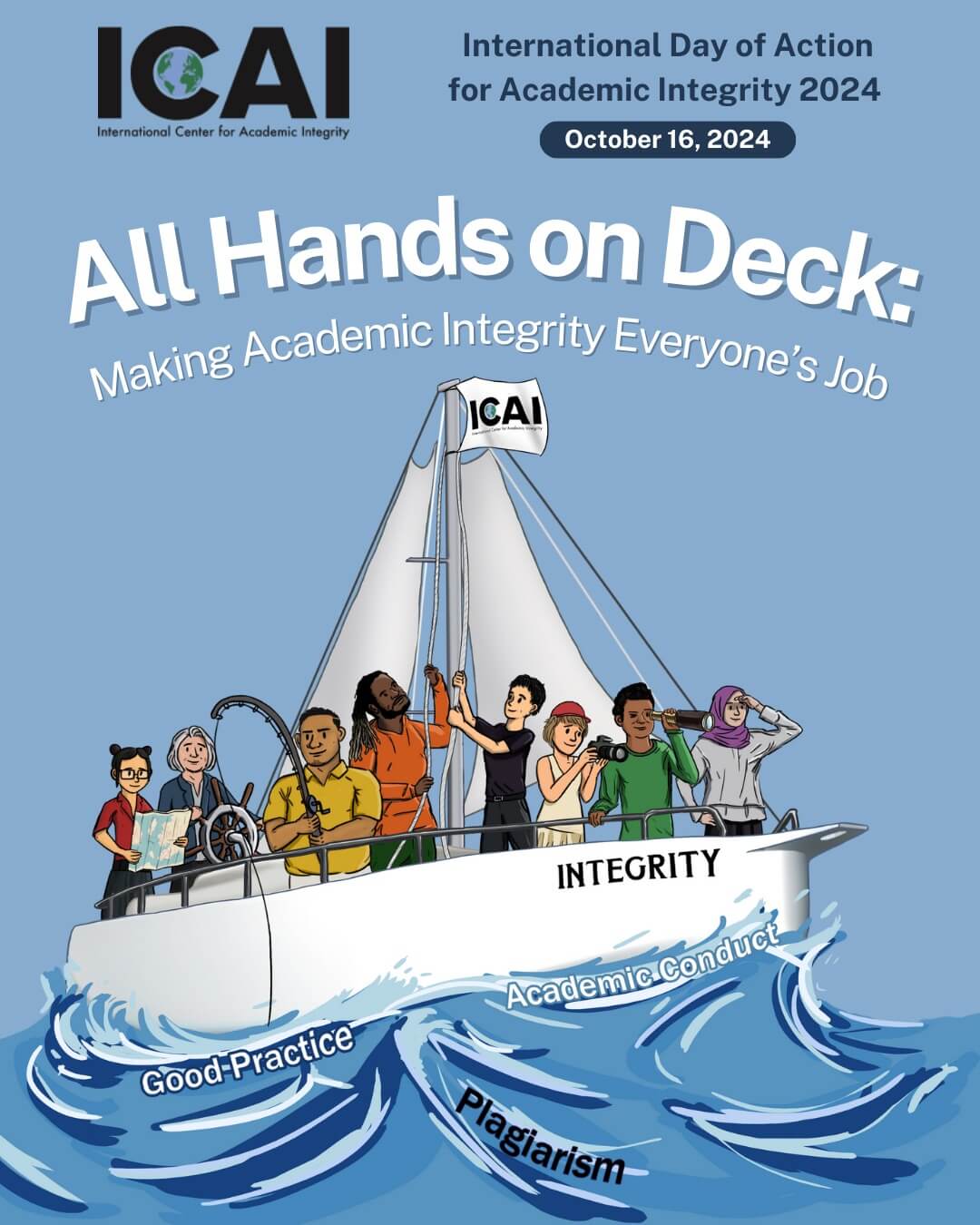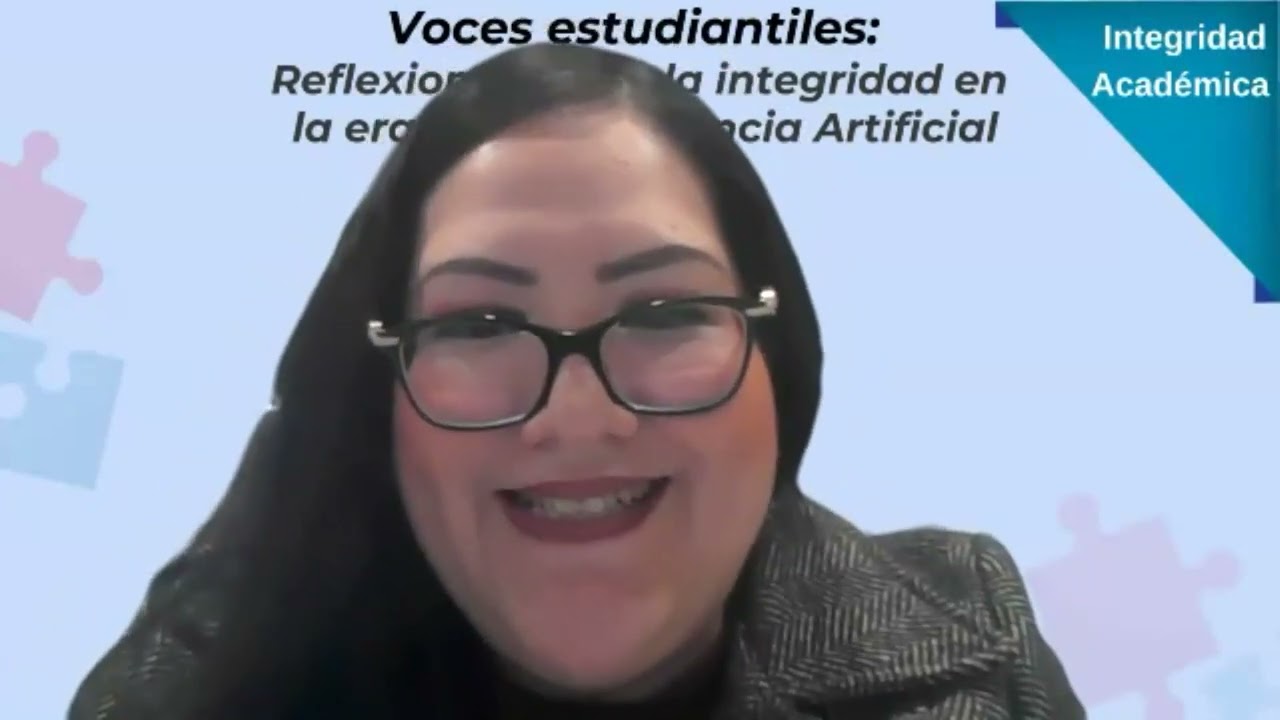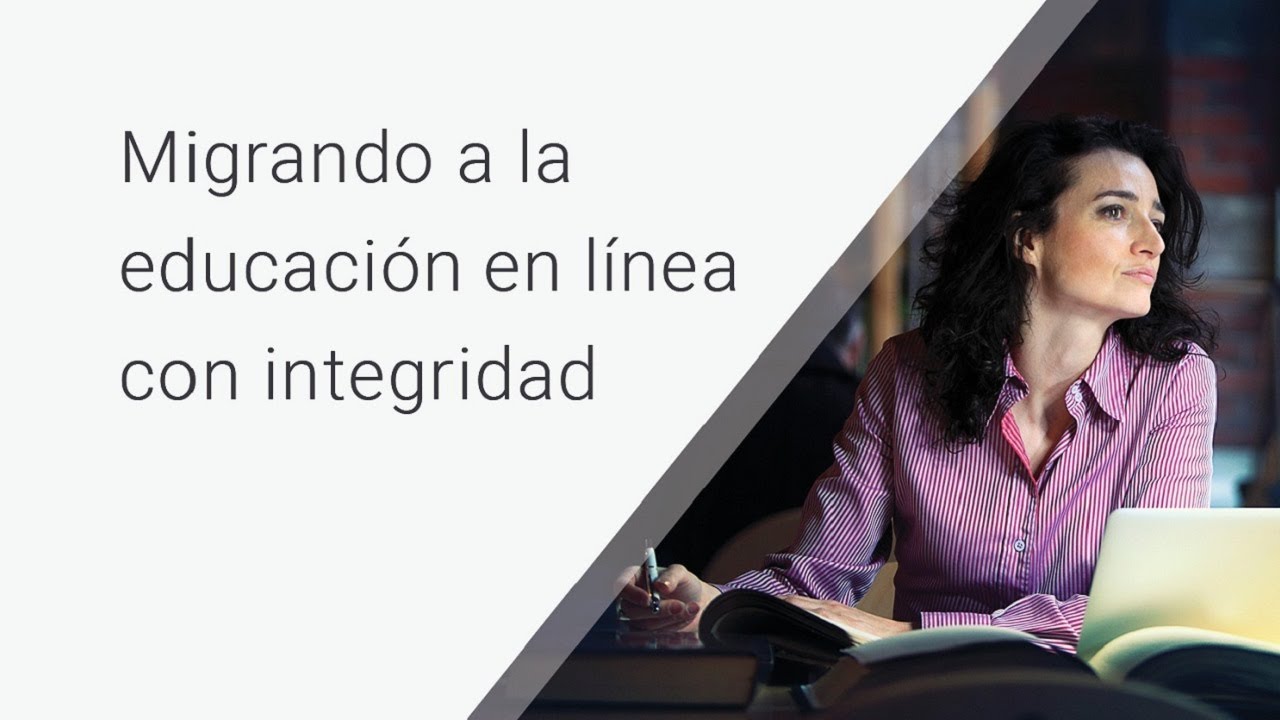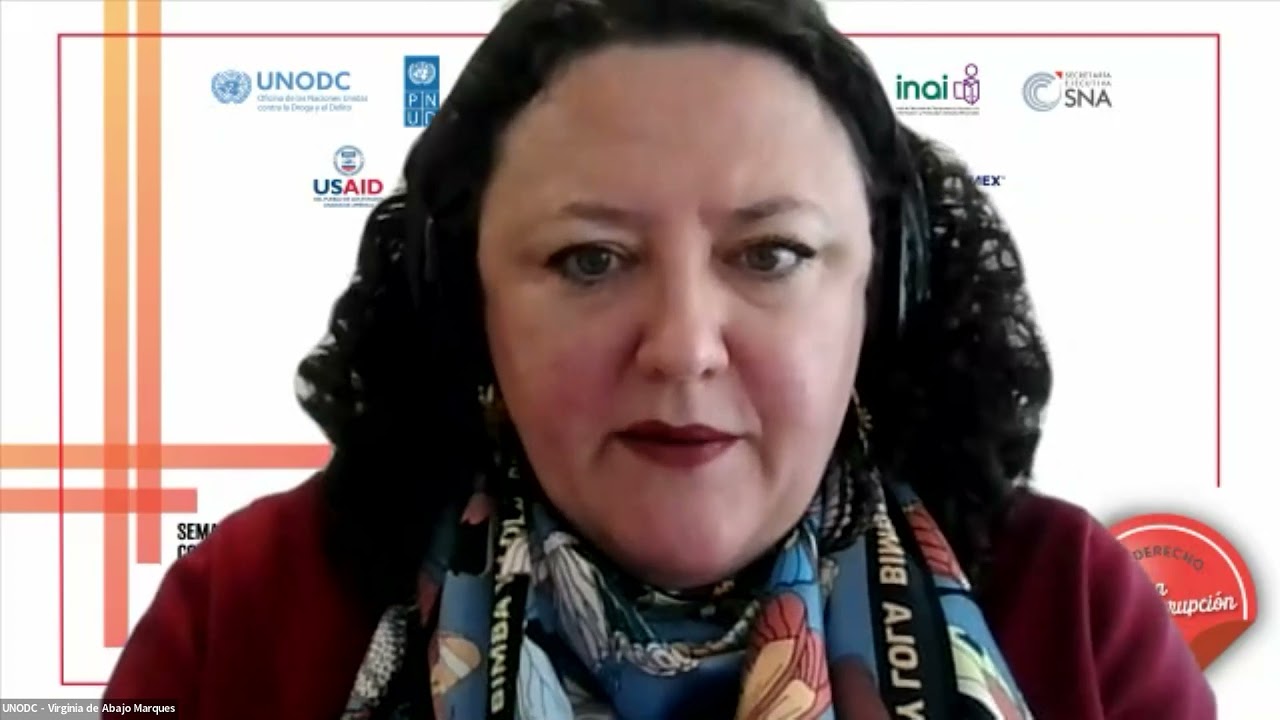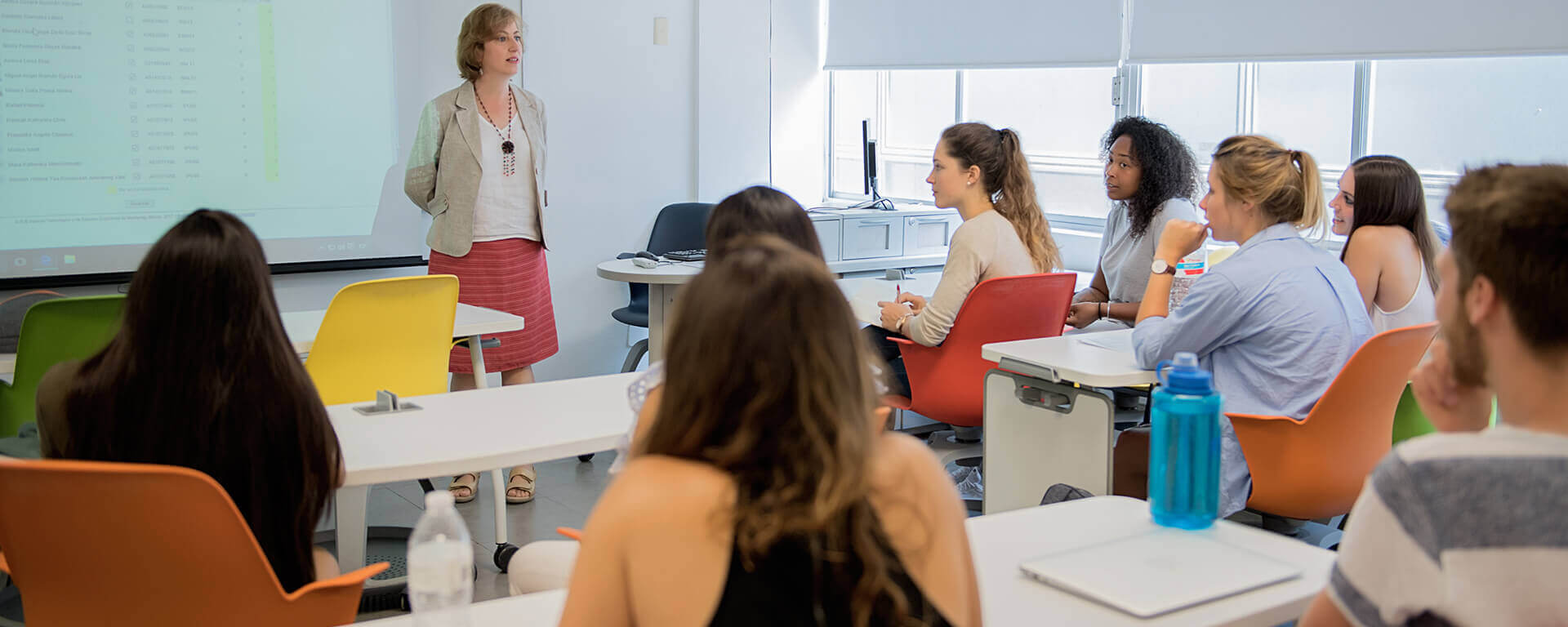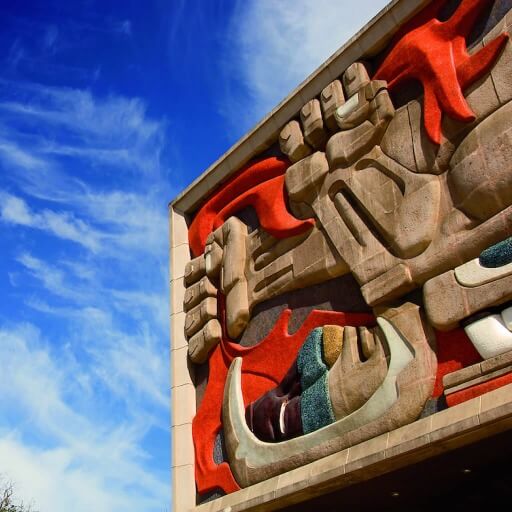Apoyos Especiales para Campus GDL
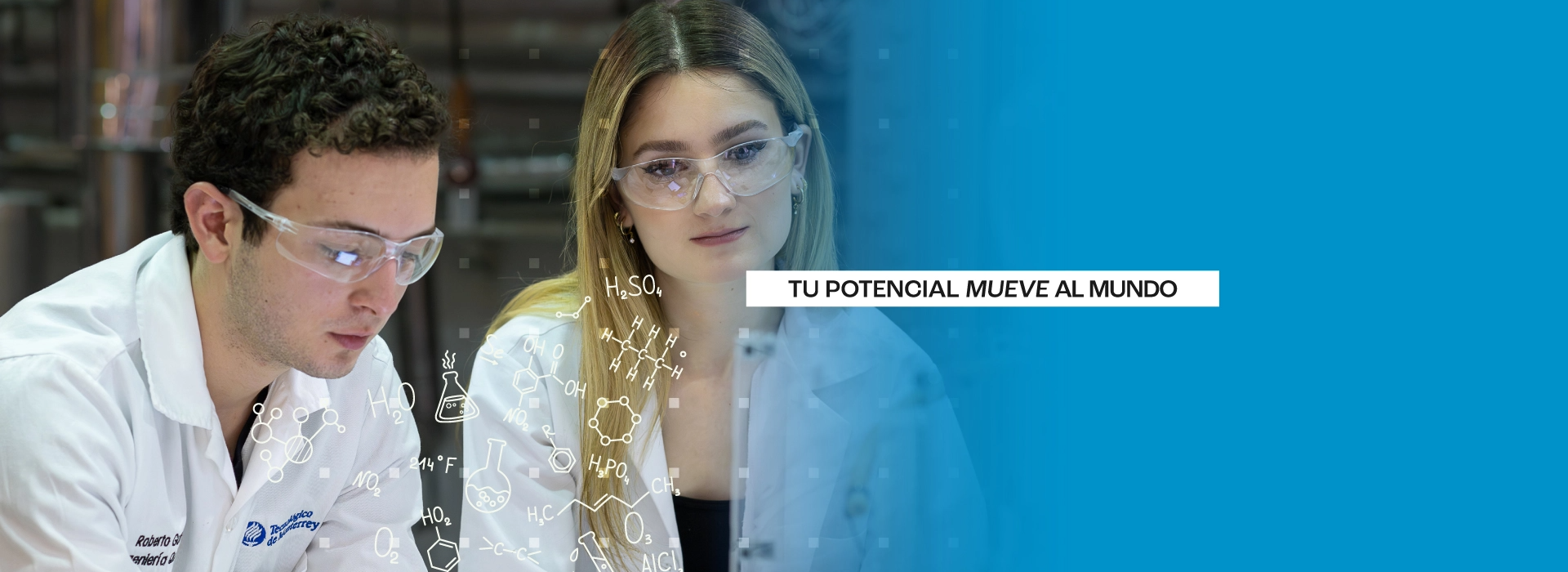
Apoyos especiales de Campus Guadalajara para Ingeniería Química o Ingeniería en Robótica y Sistemas Digitales
En Campus Guadalajara creemos en tu potencial para desarrollar con éxito tu plan de vida y carrera con nosotros. Por ello, hemos creado apoyos especiales de Beca para cursar en nuestro campus los programas de Ingeniería Química (IQ) o Ingeniería en Robótica y Sistemas Digitales (IRS).
Beca Socioeconómica - Apoyo especial para las carreras de IQ o IRS en Guadalajara
Una combinación única de beca más préstamo para impulsar tu talento
Una vez que se te otorgue una Beca Socioeconómica, podrás obtener un apoyo especial que consiste en la condonación del pago de la parte de préstamo educativo, si inicias tus estudios y te gradúas de alguno de los programas de Ingeniería Química (IQ) o Ingeniería en Robótica y Sistemas Digitales (IRS), en campus Guadalajara.
- Aplica para la generación agosto 2024 que se gradúe en Campus Guadalajara y en uno de los programas mencionados anteriormente.
- Podrás realizar transferencias temporales para cursar periodos intensivos (verano o invierno) o cursar un semestre de manera temporal en otra ciudad* (No aplicará para una transferencia definitiva).
- No es acumulable con otros beneficios o apoyos especiales.
- Cualquier cambio de programa de estudios o de campus en cualquiera de los semestres, hará improcedente la aplicación de la condonación del porcentaje de Préstamo Educativo al terminar los estudios.
* No aplica para programas de Study Abroad.
Para poder solicitar Beca Socioeconómica
- Iniciar tus estudios y graduarte en campus Guadalajara en uno de los programas de Ingeniería Química (IQ) o Ingeniería en Robótica y Sistemas Digitales (IRS).
- Ser alumno regular y no tener adeudos al momento de graduarte.
Si cumples con los requisitos anteriormente mencionados, al momento de graduarte podrás solicitar la condonación del saldo de tu préstamo. Acércate a la Dirección de Becas y Apoyos Educativos de tu campus.
Beca Talento Académico - Apoyo Especial para las carreras de IQ o IRS en Guadalajara
La beca que reconoce tu excelencia académica
Apoyo especial que consiste en hasta un 20% adicional al porcentaje de beca que hayas obtenido al participar en la convocatoria de la Beca al Talento Académico, para estudiar alguno de los programas de Ingeniería Química (IQ) o Ingeniería en Robótica y Sistemas Digitales (IRS), en campus Guadalajara.
- Para campus Guadalajara, podrás participar para obtener un apoyo especial de hasta un 20% adicional al porcentaje de beca que obtengas en la convocatoria de la Beca al Talento Académico, solo para cursar los programas de estudios de Ingeniería Química (IQ) o Ingeniería en Robótica y Sistemas Digitales (IRS) en campus Guadalajara.
- Aplica para nuevo ingreso en agosto de 2024.
- No es transferible a otro campus, pero podrás realizar transferencias temporales para cursar periodos intensivos (verano o invierno) o cursar un semestre de manera temporal en otra ciudad.
- En el campus que te otorgó el apoyo, podrás realizar periodos intensivos (verano e invierno) y programas de intercambio internacional*
- No es acumulable con otros beneficios o apoyos especiales.
- El número de becas a otorgar es limitado.
- El porcentaje total de apoyo no puede ser mayor al 90%.
- Si decides cambiar de carrera o campus a partir del tercer semestre, perderás el 100% de la Beca (Beca al Talento Académico original y apoyo adicional).
- Si al momento de solicitar el cambio de carrera y/o campus estás cursando el primer o segundo semestre de tu carrera, podrás conservar tu Beca al Talento Académico original.
* No aplica para programas de Study Abroad.
- Ser ganador de la Beca al Talento Académico.
- Para participar y obtener el apoyo especial adicional de hasta un 20%, deberás elegir desde tu primer semestre alguno de los programas de estudio de: Ingeniería Química (IQ) o Ingeniería en Robótica y Sistemas Digitales (IRS). Deberás iniciar y concluir tus estudios en campus Guadalajara.
La postulación se deberá realizar en una sola fecha y solo al campus al que hayas recibido la admisión.
Una vez que aceptes la Beca al Talento Académico, deberás:
Llenar la solicitud en MiTec del apoyo especial, para que el Comité de Becas del Campus la evalúe.
-
Selección de ganadores
-
- El Comité del campus evaluará tu Solicitud de Apoyo Especial y te comunicará su decisión.
- El número de apoyos especiales a otorgar es limitado por lo que no todos los candidatos que lleguen a cumplir los requisitos podrán obtenerlo.
- El Tec de Monterrey se reserva el derecho a declarar como desierto el otorgamiento de algunos apoyos especiales.
- La evaluación y decisión en la asignación es inapelable y no contempla un proceso de retroalimentación posterior a los resultados.
- Cualquier situación no prevista en la presente convocatoria será resuelta por el Comité de Becas de acuerdo con la normatividad aplicable.
-
Publicación de resultados
-
- Los participantes en la convocatoria recibirán un correo electrónico con el resultado de su postulación.
- Si fuiste acreedor a un apoyo adicional deberás aceptar y firmar la carta de formalización del apoyo, dentro de los 5 días hábiles posteriores a la entrega de tu resultado, para garantizar la activación del apoyo al momento de tu inscripción.
Al obtener el apoyo especial, adquieres los derechos y obligaciones establecidos para la Beca al Talento Académico en el Reglamento de Becas y Préstamos Educativos vigente.
Entre las obligaciones se encuentran:
- Mantener un promedio, cada periodo, igual o mayor a 85.
- Aprobar todas las materias cursadas en el periodo que termina.
- Participar satisfactoriamente en el Programa de Becarios.
- Cursar lo correspondiente a la carga académica completa en el nivel académico.
No podrás cambiar de programa de estudios o transferirte a otro campus en caso de obtener el apoyo especial adicional de hasta un 20% para los programas de Ingeniería Química (IQ) o Ingeniería en Robótica y Sistemas Digitales (IRS), para estudiar en campus Guadalajara. De ser así, podrás perder el apoyo total con el que cuentes, tanto de la Beca al Talento Académico*, como el apoyo adicional.
* Únicamente se podrá conservar la Beca al Talento Académico original (sin el incremento) si el cambio de carrera se solicita al momento de estar cursando el 1° o 2° semestre de tu programa de estudios.
Beca Socioeconómica Flexible - Apoyo especial para las carreras de IQ o IRS en Guadalajara
Abriendo puertas hacia un futuro sin barreras
Beca especial para impulsar al talento de estudiantes que tienen una necesidad económica y desean estudiar Ingeniería Química (IQ) o Ingeniería en Robótica y Sistemas Digitales (IRS) en campus Guadalajara, y que por su perfil no pudieron solicitar la Beca Socioeconómica tradicional.
- El porcentaje a otorgar depende de la necesidad económica familiar.
- Podrás realizar transferencias temporales para cursar periodos intensivos (verano o invierno) o cursar un semestre de manera temporal en otra ciudad* (No aplicará para una transferencia definitiva).
- No es acumulable con otros beneficios o apoyos especiales. No aplica para la condonación del saldo de préstamo educativo.
- Cualquier cambio de programa de estudios o de campus en cualquiera de los semestres, perderás este apoyo.
- El número de becas socioeconómicas flexibles a otorgar es limitado.
- La decisión en la asignación de Becas Socioeconómicas Flexibles será inapelable.
- Está compuesto por beca y préstamo educativo.
- El Préstamo Educativo Tec es un programa de apoyo educativo que posterga el pago de un porcentaje de la colegiatura (semestral o intensivo):
- Durante la etapa de estudios cubrirás un pago fijo semestral de $500.00 pesos por cada 5% de préstamo otorgado. Por ejemplo, para un préstamo de 20%, el pago sería de $2,000.00 pesos al semestre.
- Te brinda certidumbre sobre el costo financiero, al fijar la tasa anual en 8.5% (CAT) durante toda la vida del préstamo.
- Al momento de graduarte, liquidarás el monto prestado o elegirás un plazo de pago hasta de 1.5 veces el período de estudios con préstamo, más 3 meses de pago inicial como período de gracia (continúas con el pago fijo).
- Para el pago de capital e interés, podrás seleccionar que las mensualidades sean fijas o crecientes (ajustables).
- Puedes realizar pagos anticipados en cualquier momento sin penalización, sean parciales o por el total del adeudo.
* No aplica para programas de Study Abroad
Para poder solicitar Beca Socioeconómica
- Iniciar tus estudios en Campus Guadalajara en los programas de Ingeniería Química (IQ) o Ingeniería en Robótica y Sistemas Digitales (IRS).
- Demostrar necesidad económica.
- Ser admitido o admitida al Tec con un promedio acumulado igual o mayor a 80/100 en los estudios de preparatoria y lograr un puntaje mínimo en la Prueba de Aptitud Académica (PAA) de 1,170 puntos. Si presentaste el examen SAT o ACT, el puntaje convertido a la escala de la PAA deberá ser mínimo de 1,200 puntos.
- No contar con una carrera profesional concluida en el Tec o en alguna otra universidad.
Para poder activar el Préstamo Educativo o sumar el porcentaje de Préstamo Educativo a la Beca Socioeconómica
Estudiante:
- Nacionalidad mexicana.
- Contar con un obligado solidario.
Obligado solidario:
- Tener máximo 65 años de edad.
- Ser mexicano.
- Evaluación de Buró de Crédito al responsable del pago de colegiatura.
- Para conocer los requisitos de conservación del apoyo, da clic aquí
Para agilizar tu solicitud, puedes realizar tu proceso de Beca Socioeconómica Flexible y el proceso de admisión simultáneamente. Sin embargo, solo podrás conocer el resultado de la beca si fuiste admitido o admitida en el Tec.
-
1. Completa y envía tu solicitud de Beca Socioeconómica Flexible
-
- Ingresa el usuario y contraseña que utilizaste para tu proceso de admisión o tu matrícula y contraseña de correo electrónico institucional.
- Registra la información que se te pide en la sección Becas y Apoyos Educativos.
-
2. Buró de Crédito de tus aportantes de ingreso
-
El proceso incluye un análisis del historial crediticio de las personas que aportan ingresos a tu familia y del responsable del pago de colegiatura, a través de los reportes Buró de Crédito especial y BC score. Es necesario que cada una de las personas que hayas indicado en tu solicitud como aportante de ingreso y responsable de pago proporcionen dichos reportes y subirlos en la solicitud de Beca.
-
3. Escanea y sube tus documentos
-
Revisa la lista de documentos en la siguiente liga (considerar los mismos documentos que para la Beca Socioeconómico tradicional): Documentos
Escanea y sube los documentos en la sección de Becas y Apoyos Educativos, en el formulario correspondiente.
-
4. Cubre la cuota por trámite de beca socioeconómica
-
Realiza el pago de $750 pesos (tarjeta de crédito o débito, banca electrónica o depósito en banco), dentro de la misma solicitud.
Si dos o más hermanos realizan la solicitud para un mismo semestre (independientemente de si es para preparatoria o profesional) solo deberán hacer el pago de una cuota a través de la opción de pago unifamiliar.
La cuota no es reembolsable en ningún caso.
-
5. Revisa tu resultado
-
Una vez con la admisión y llegada la fecha de publicación, revisa el resultado en tu solicitud de admisión, dentro de la sección de Becas y Apoyos Educativos. En caso de ser necesario cumplir con requisitos adicionales, en tu solicitud de Beca Socioeconómica se especificará qué documentos son requeridos para continuar o concluir con tu proceso. Las instrucciones las recibirás ahí mismo.
-
6. Confirma tu apoyo
-
En caso de que aplique, confirma la aceptación del apoyo otorgado en la misma solicitud de Beca. Deberás realizar el pago de anticipo de colegiatura de $9,000 pesos (que incluye el costo del Seguro de Pago de Colegiatura).
Para más información sobre las formas de pago del anticipo o del resultado de tu solicitud, acércate al equipo de Becas de tu campus. La decisión del Comité es inapelable.
+ Etapa de estudio
Pago fijo de amortización del préstamo. Dicho pago es un monto fijo de $500.00 pesos por cada 5% de crédito. Por ejemplo, para un préstamo de 20%, el pago sería de $2,000.00 pesos al semestre.
+ Periodo de gracia (tres meses)
Pago mensual fijo de amortización del préstamo, igual al pago realizado durante el periodo de estudio.
+ Periodo de amortización
Pago creciente de capital e interés del préstamo. El monto se incrementa semestralmente, es decir, durante seis meses permanece fijo y posteriormente se actualiza. Esto permite alinear el monto de pago con el ingreso esperado del egresado o egresada, lo que facilita el pago del préstamo
Ejemplo de solicitud concluida:
Una vez que subas toda la documentación requerida habrás concluido con tu solicitud de Beca Socioeconómica. En la solicitud verás todos tus documentos con un botón verde en la columna “Estatus” y aparecerán en la sección de Documentos Válidos.
FORMALIZACIÓN DE PRÉSTAMO EDUCATIVO (firma de contrato de tu préstamo)
Una vez que recibas el correo que indica que tu resultado de Préstamo Educativo está listo, es necesario cumplir con el requisito de formalización y completar los siguientes pasos:
- Ingresa a la solicitud de admisión y dirígete a la sección de Becas y Apoyos Educativos.
- Consulta la propuesta de apoyo asignado.
- Al aceptar el porcentaje de préstamo, deberás utilizar tu Firma Autógrafa Digital para validar la documentación de formalización:
- a. Contrato de Préstamo Educativo.
- b. Autorización de Buró de Crédito.
- c. Firma de pagaré.
- La documentación será revisada y validada por el equipo de Becas.
- Una vez validados los documentos, podrás ver reflejado el porcentaje de Préstamo Educativo asignado.
¡Descubre hasta dónde puedes llegar!
Selecciona los botones para conocer más de nuestros programas.
